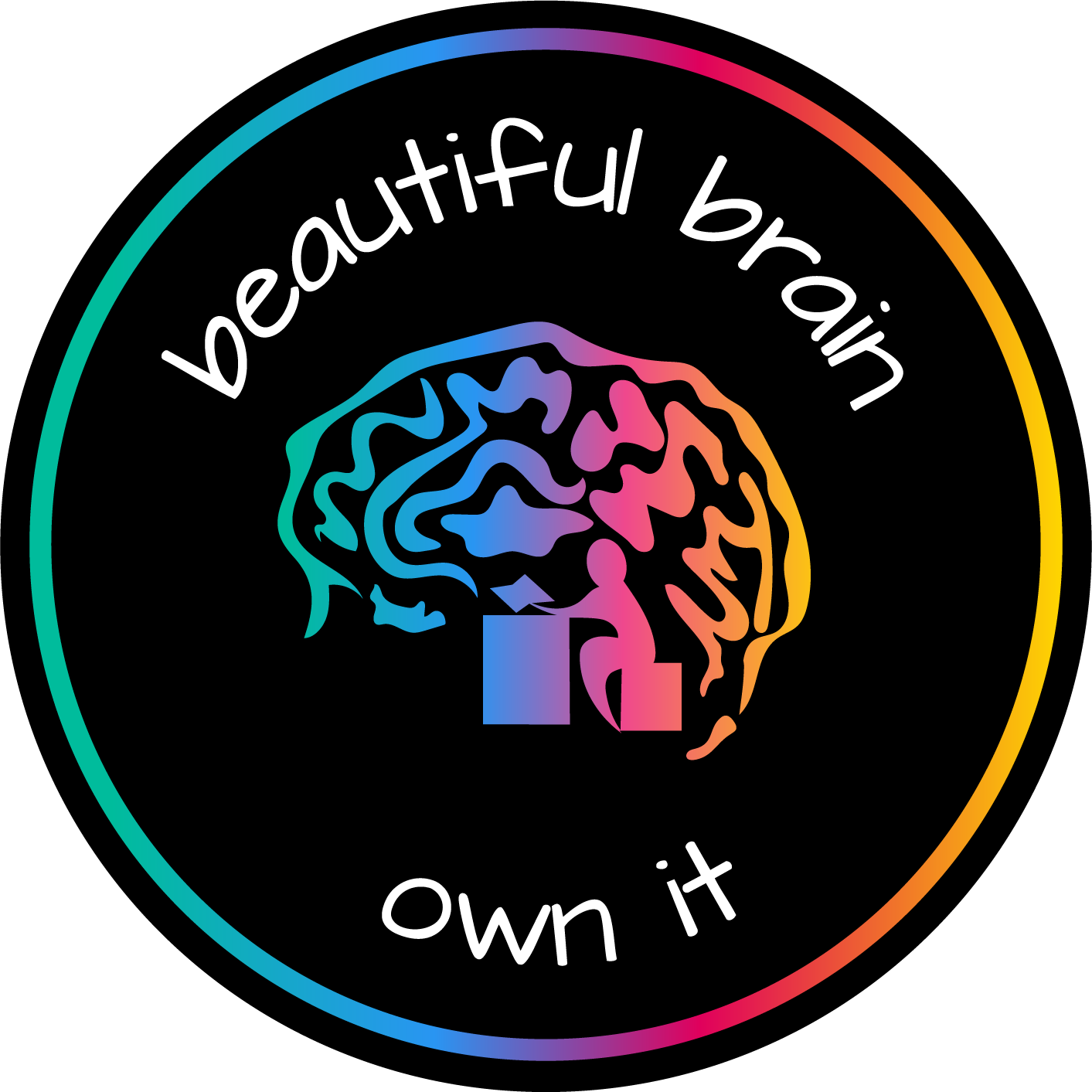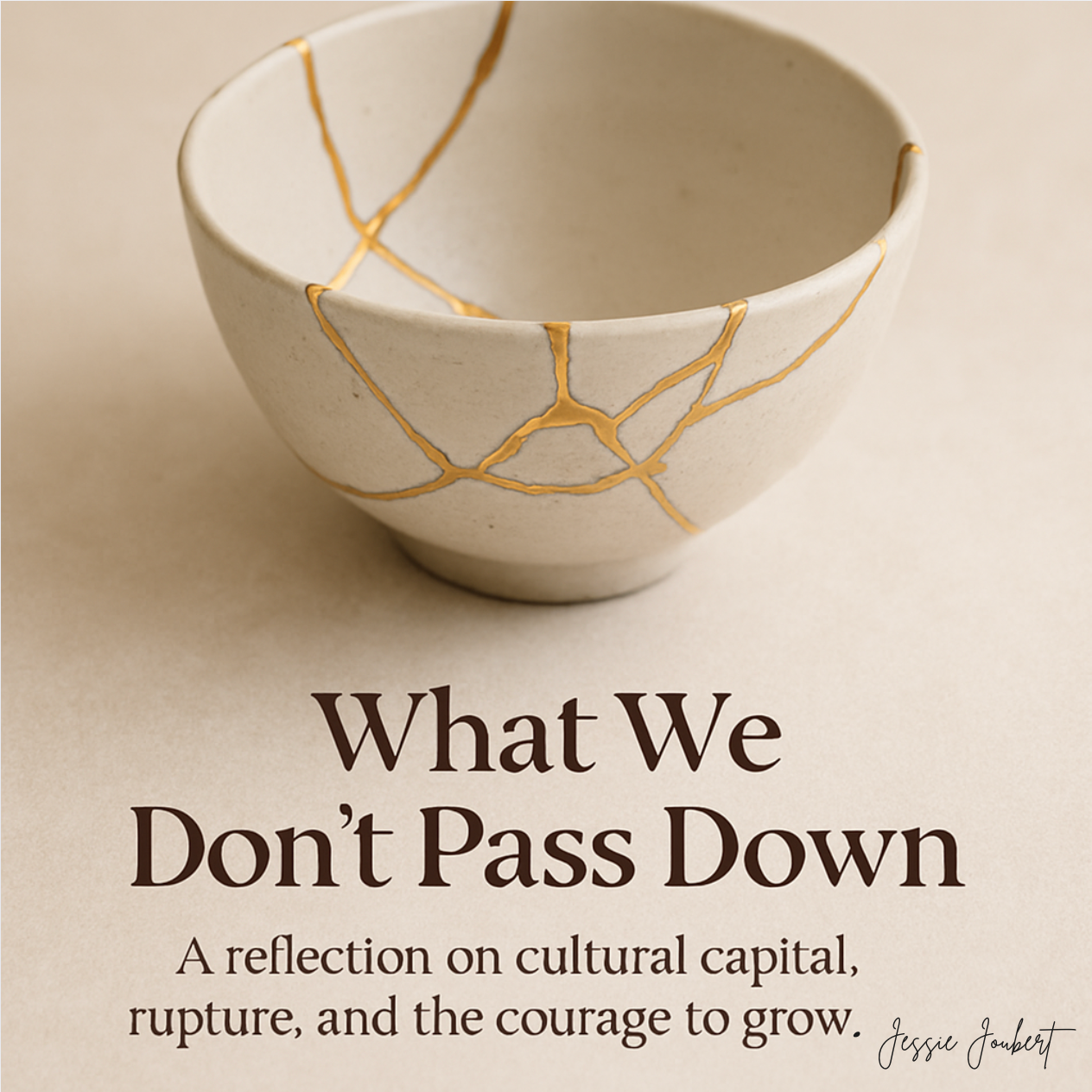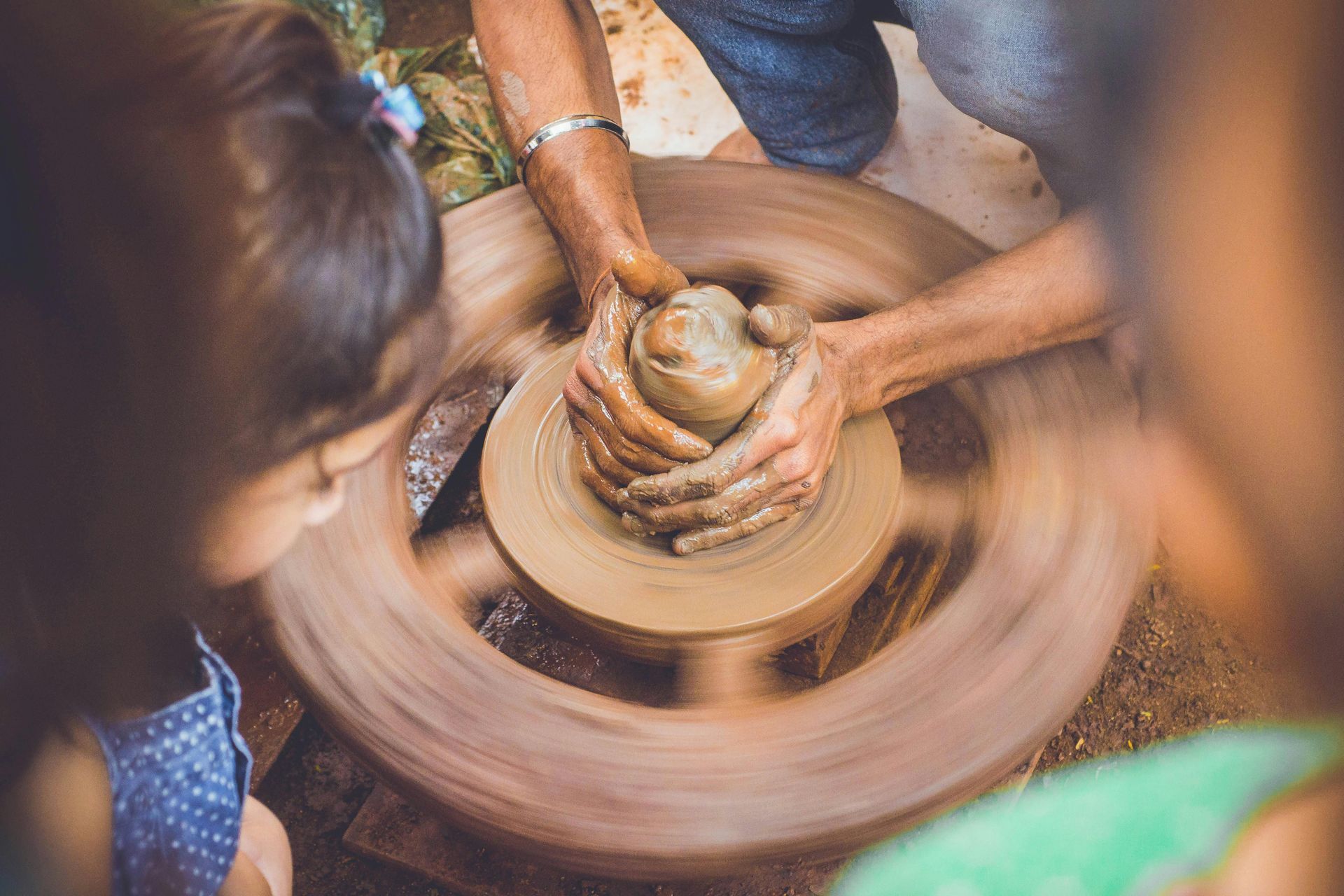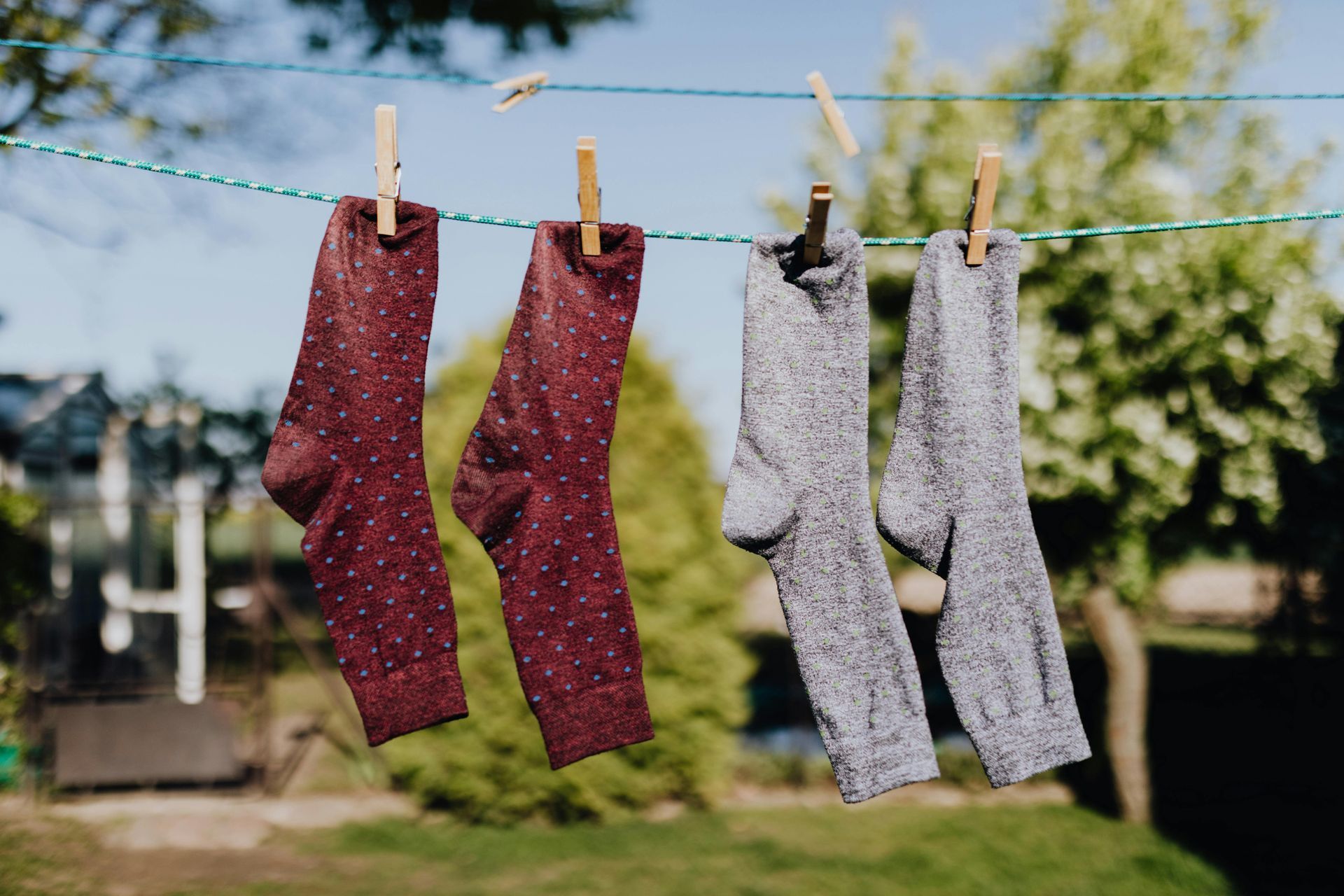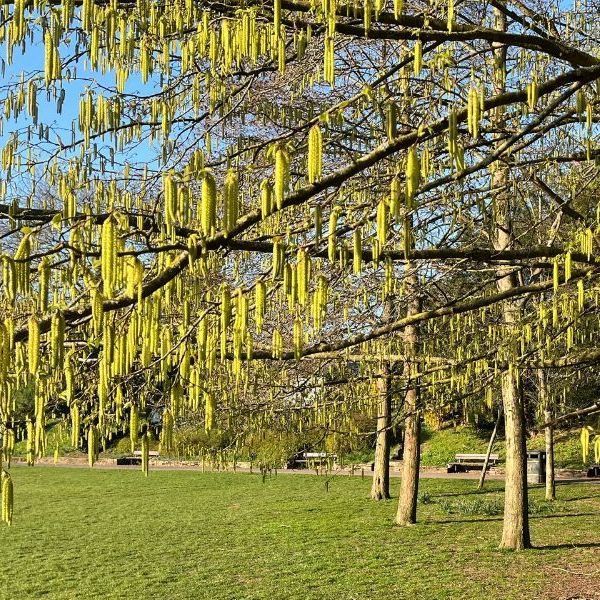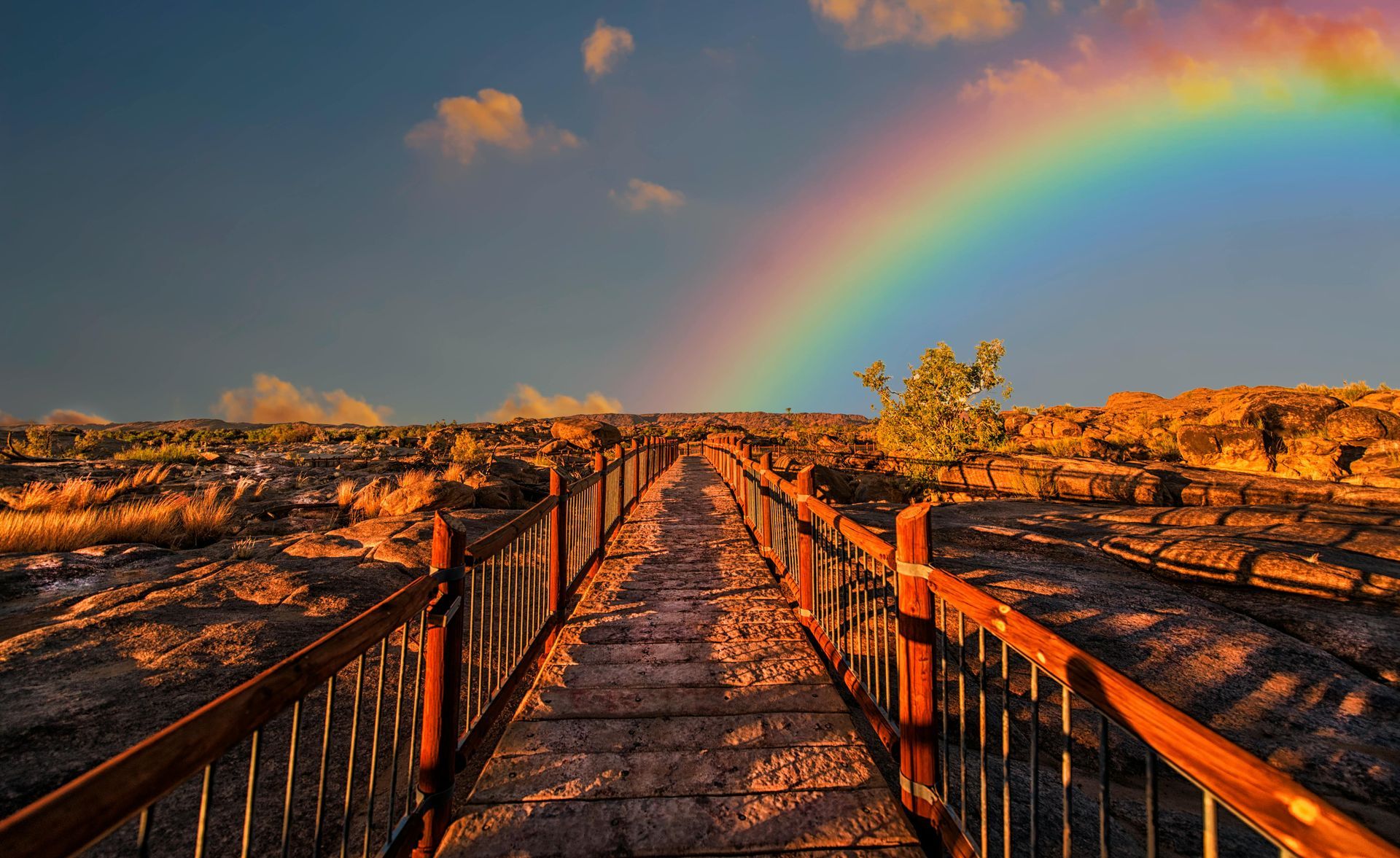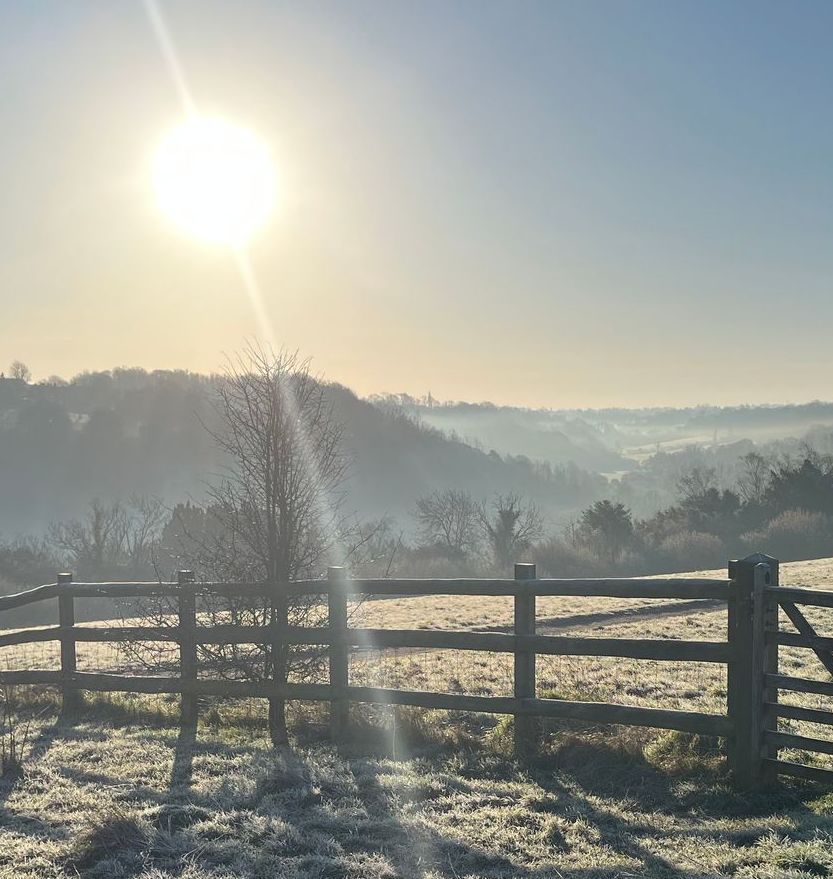
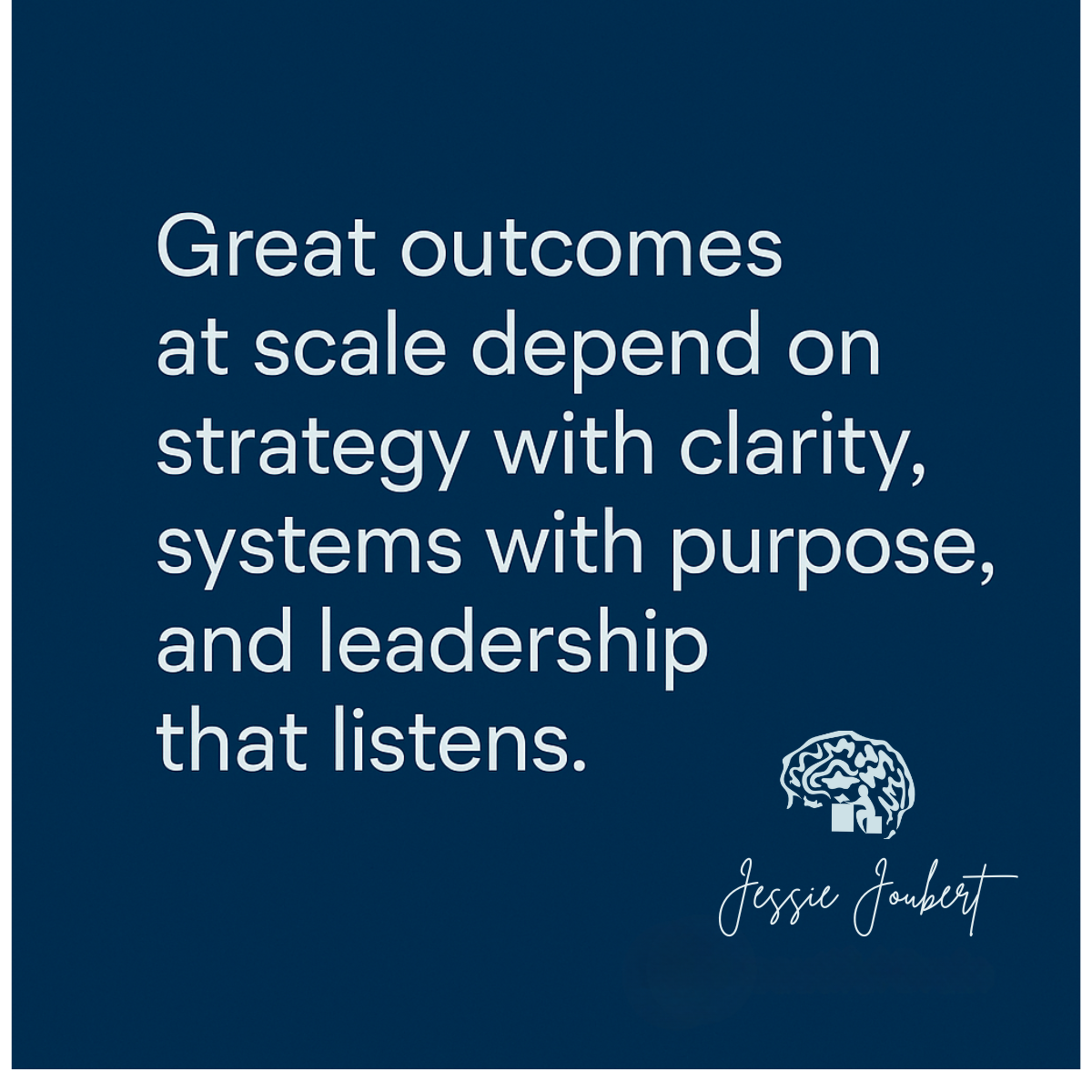
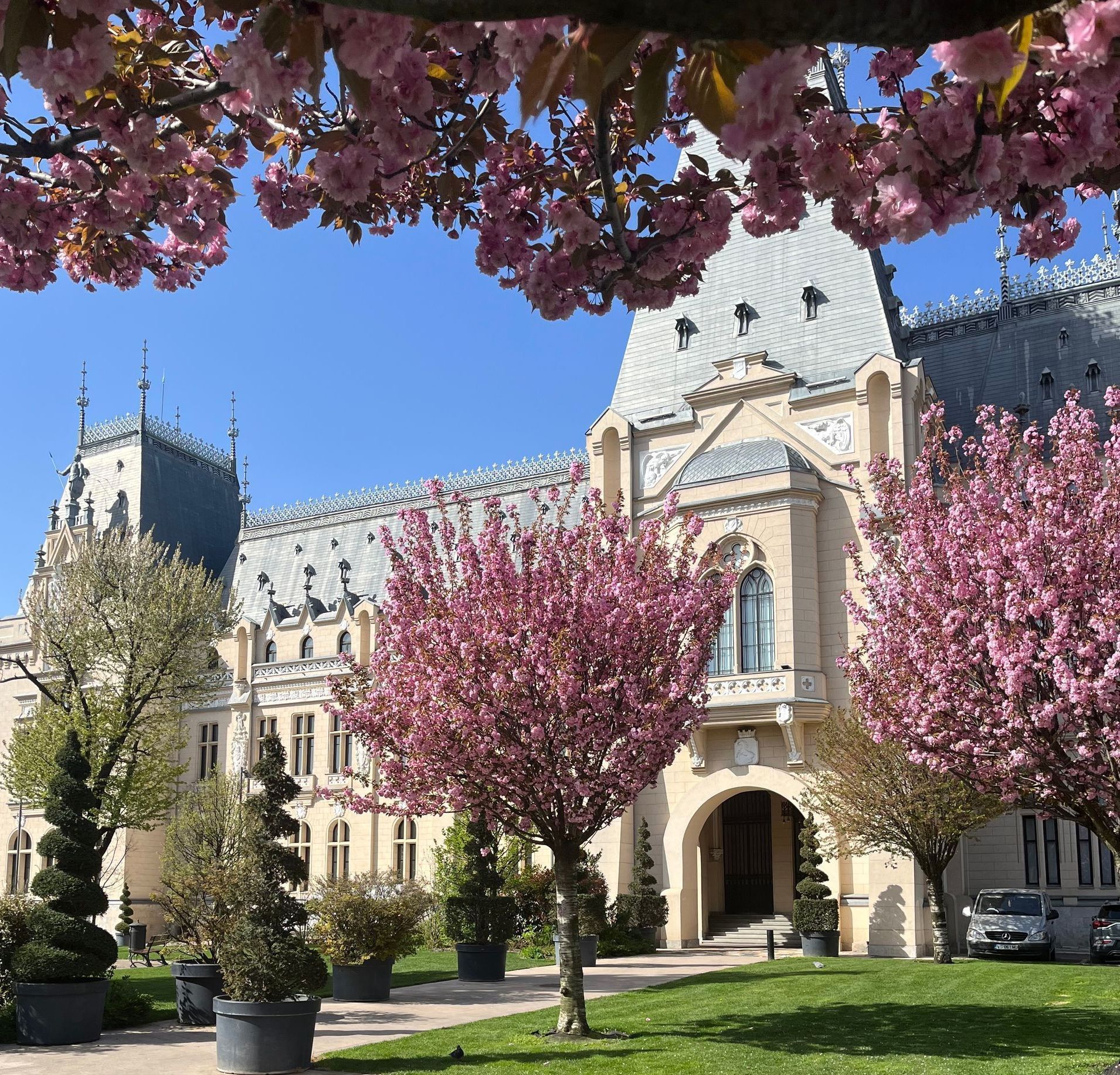
What Did They Pass Down?
A reflection on families, fragments, and cultural capital

Cultural capital - It’s a term I’ve mostly avoided. Not because it isn’t important — but because it’s become so crowded with clichés, assumptions, and overused soundbites. It’s often used to target groups of people, or to justify a narrow range of experiences and exposures as markers of success.
I’ve seen it reduced to enrichment trips, classical references, or the ability to “speak well” — all too often framed through a deficit lens: they don’t have it, we must give it.
But cultural capital isn’t something you give. It’s something you recognise. Something you see in others, and something you carry yourself — sometimes quietly, sometimes protectively, sometimes without ever naming it.
From sparse to rich
I’ve started to notice the spectrum of cultural capital families hold — not from a place of judgement, but from deep curiosity. Because it’s not linear. And it’s rarely simple.
There are families who give everything they can — even when resources are scarce. Their capital shows up in structure, in protection, in pride.
There are homes where cultural capital is rich in language, confidence, and access — and others where it’s survival-based, scattered, or passed down in fragments.
There are families who hold more than schools will ever see:
- Parents who build trust with their children every day, even when exhausted
- Grandparents who pass on language, history, values
- Siblings who translate homework and behaviour points
- Aunties and uncles who become co-parents without fanfare
And there are also families holding grief, disconnection, or uncertainty — navigating separation, shame, or silence.
Capital exists there too. It just looks different.
What are we passing down?
I’ve started asking parents to look back — and forward:
- What did your parents give you — intentionally or not?
- And what are you giving to your children now — in words, in rhythms, in the quiet things?
Sometimes the answers surprise them:
- A parent who never had books at home… now sits beside their child each week in the library.
- A carer who dropped out of school… fiercely advocates for an EHCP.
- A single mother who was told she talked too much… teaches her daughter to speak with confidence.
Cultural capital is not just inherited — it’s built. Chosen. Practiced. Passed along in the everyday.
Parents as builders, not borrowers
Some parents inherited rich cultural capital — books, confidence, stable routines, high expectations. Others did not.
But I’ve met so many newer parents — across contexts — who are choosing to build it differently. Intentionally. Imperfectly. Powerfully.
They’re noticing the gaps in their own upbringing, and saying:
“I want more for my child — not just materially, but culturally, emotionally, educationally.”
They’re learning alongside their children — discovering libraries, decoding school systems, attending workshops, asking questions they were once told not to ask.
This is cultural capital in motion. Not inherited. Created.
There’s something deeply courageous about that — about parenting forward instead of from fear. About building the very things you weren’t given. And it’s time schools noticed and named that too.
The capital of extended families
Schools often miss the richness found in extended families.
- It’s in the grandparent who holds the family together during a crisis.
- The cousin who explains secondary school options in a way they understand.
- The uncle who tells stories that root a child in something bigger than themselves.
- The community elder who greets a child every morning on the walk to school — even when no one else does.
And yet, when we gather family context in schools, we often default to “nuclear”: Mother, father, attendance, reading levels. There is so much we do not ask... So much we do not see.
Reconfigured doesn’t mean broken
Let’s name this gently: families that don’t fit the idealised mould are often treated as incomplete.
But love, learning, and capital move differently — not less — through single-parent homes, blended families, kinship care, and looked-after arrangements.
There is dignity in doing your best with limited time, space, energy.
There is richness in honesty, in creative problem-solving, in simply holding things together.
So what might we ask — as parents, as educators, as leaders?
- What did I inherit from the family that raised me — and what do I want to continue (or undo)?
- What am I modelling for the children in my care, through my language, my confidence, my curiosity?
- Who else — beyond parents — contributes to a child’s cultural capital, and do we notice them?
- Do our systems reward only one kind of capital, or do we honour the breadth of what families bring?
Cultural capital doesn’t begin in school.



